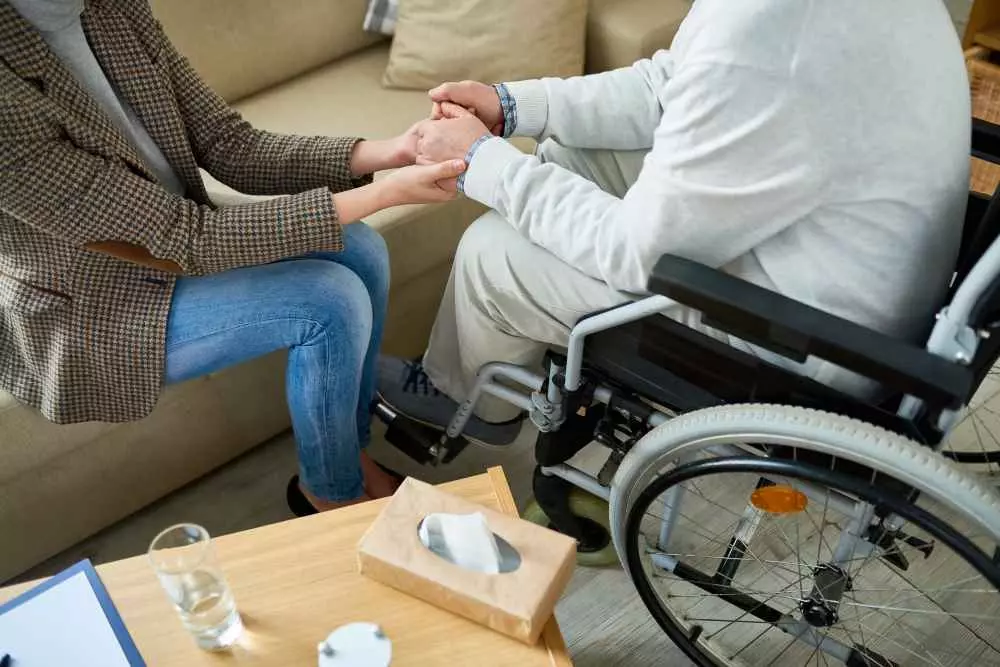Psychological therapy methods for elderly people with chronic diseases
One of the most important aspects of caring for elderly people with chronic diseases is taking care of their mental health. Many years of experience have shown that psychological methods of therapy can have a significant impact on improving the quality of life of these people. In the following article, we will present some effective techniques that can help treat and manage chronic diseases in seniors.
Cognitive-behavioral therapy
Cognitive-behavioral therapy is one of the most popular psychological methods used to treat the elderly. It is based on the idea that thoughts and behaviors have a significant impact on our well-being. Cognitive-behavioral therapy helps seniors identify negative thoughts and beliefs that may be contributing to poor mental health. Patients then learn to replace negative thoughts with positive thoughts, which helps them better manage their chronic illnesses.
The most important goal of cognitive-behavioral therapy is to change harmful thought patterns and behaviors. Through regular therapy sessions, seniors learn to better cope with the difficulties of chronic illnesses, which contributes to improving their quality of life.
Supportive therapy
Supportivetherapy is another effective psychological method that can help seniors cope with chronic diseases. A supportive therapist's role is to provide emotional support to the patient and to help them identify and use internal resources that can contribute to improved mental health.
During therapy sessions, the supportive therapist focuses on listening and understanding the patient. The patient is given the opportunity to share his or her fears, anxieties and grief, allowing him or her to rebuild a sense of control and understanding. Supportive therapy can also help seniors reduce the feelings of isolation and loneliness that often accompany chronic illness in old age.
Group therapy
Group therapy is an excellent tool for seniors with chronic illnesses who feel lonely and unsupported. Group therapy gives seniors the opportunity to share their experiences and support each other. Often, group meetings create a sense of community and belonging, which has a positive impact on patients' mental health.
During group therapy, seniors have the opportunity to share their difficulties, but also to listen and cope with the problems of other group members. Working together to solve difficulties and sharing experiences can contribute not only to improved self-acceptance, but also to an increased sense of worth and valuable relationships with others.
Acceptance and commitment therapy
Acceptanceand Comm itment Therapy (ACT) is an innovative psychological method that can help seniors cope with chronic illnesses. ACT assumes that the key to well-being is accepting the situation you are in and focusing on the values and goals that are important to you.
During therapy sessions, seniors learn to accept their illness and the changes that old age brings. The therapist helps them identify their inner values and goals, and then take action in accordance with them. Acceptance and commitment therapy gives seniors the tools to help them create a worthwhile and satisfying life, despite the presence of illness and chronic ailments.
Summary
Psychological therapies have important implications in the care of older adults with chronic illnesses. Cognitive-behavioral therapy, supportive therapy, group therapy and acceptance and commitment therapy are just some of the methods that can help seniors cope with the difficulties associated with chronic illness.
It is worth remembering that every person is different and requires an individual approach. Therefore, the most important thing is to find the right therapy method and therapist who can help seniors achieve better mental health and quality of life.
Add comment